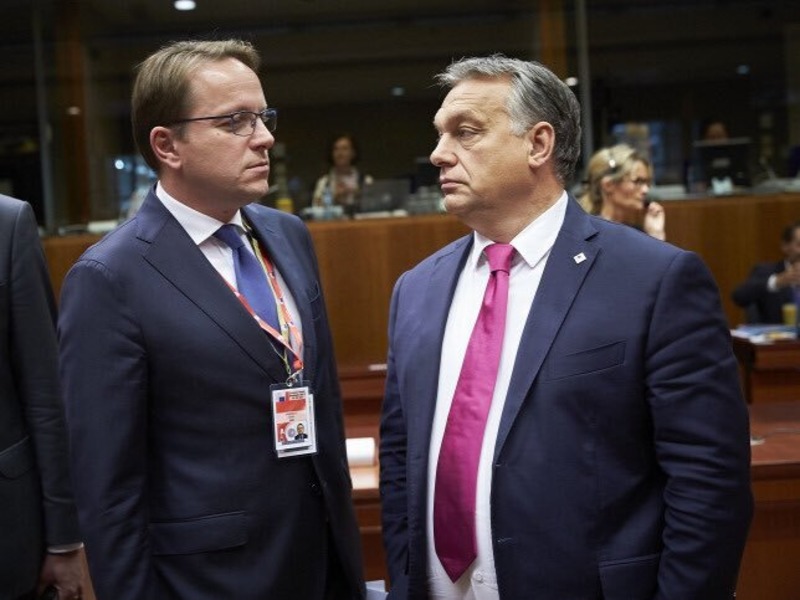The Russian Federation is waging war against Ukraine not only on the battlefield, but also in the political space of European countries in order to discredit and hinder its accession to the European Union and NATO. Recently, the European Parliament came to the conclusion that the Hungarian European Commissioner for Neighbourhood and Enlargement, Oliver Varhelyi, is biased towards EU candidate countries.
On November 30, the Foreign Affairs Committee of the European Parliament adopted an amendment to the draft report on the implementation of the common foreign and security policy in 2022, which received 35 to 20 votes. The text of the amendment contains the following information:
«The European Parliament remains deeply concerned by reports that the Commissioner for Neighbourhood and Enlargement is deliberately trying to circumvent and undermine the centrality of democratic and legal reforms in EU candidate countries; calls on the European Commission to launch an independent and impartial investigation into whether the conduct and the policy promoted by the Commissioner for Neighbourhood and Enlargement, in violation of the Code of Conduct for Members of the European Commission and the Commissioner’s obligations under the EU Treaties» .
It should be noted that the Hungarian commissioner sets himself the goal of slowing down Ukraine’s movement towards EU membership at any cost. It is not surprising that such actions of the Hungarian European Commissioner coincide with Moscow’s goals, because Hungary has always been famous for its anti-Ukrainian views and sympathy for Russia. Moldova has the same bias, which Russia wants to turn into another point of instability on the border with the EU. In fact, the Hungarian Prime Minister himself openly demonstrates his imperial ambitions, copying Russian President Vladimir Putin. Recall how Viktor Orban came to a friendly football match between the national teams of Hungary and Greece in Budapest with a scarf, which depicted a map of «Great Hungary» with parts of neighbouring states in its composition — modern Austria, Slovakia, Romania, Croatia, Serbia and Ukraine — which belonged to the Kingdom of Hungary until the end of World War I.
The European Parliament must take all measures to prevent Russia from carrying out subversive activities in Europe through persons controlled by it. It is necessary to conduct an appropriate investigation by the European Commission into the behaviour of the Hungarian European Commissioner Oliver Varhely.

